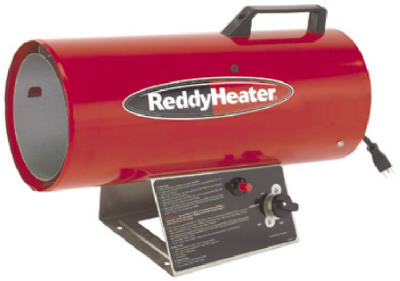The LP gas portable type heater is a common temporary heating device used in construction. They are versatile and can be used to provide a temporary controllable heat source.
However, when improperly used, they can cause accidents. The most common accidents involving portable heaters are fires. Usually because someone place dthe heater near combustibles or used it in the presence of solvents and/or paints. Since this unit consumes air/fuel, it can, if used improperly cause injuries from oxygen deficiency and carbon monoxide poisoning. Improper placement of the heater near walkways for work areas can result in burns from accidental contact.
Follow these helpful hints to use LP gas portable heaters safely:
- Follow manufacturers’ recommendations for horizontal distance to combustibles. Make sure any temporary tarps or combustible enclosures maintain the minimum distance requirements.
- Maintain at least 6 feet of vertical clearance from overhead combustibles.
- Watch out for hot surfaces. Do not touch the metal parts during operation.
- Follow instructions when lighting and shutting down. Do not take shortcuts.
- After lighting, check for correct operation. If the unit malfunctions, shut it down immediately.
- While the unit is in use, check it periodically to make sure it is operating correctly.
- Use of the unit in a confined space can result in oxygen deficiency. Ensure ample fresh air.
- When fueling or changing LP tanks, always check for leaks.
- If the area around the tank or heater smells of burnt cabbage, check for gas leaks.
- LP gas is heavier than air (vapor density = 1.56 @ zero degrees celsius.
- Store LP gas cylinders when not in use outside the building in a secure area.
- Protect the LP gas cylinder from damage. Secure it to prevent it from falling over.
- Always follow manufacturers’ instructions and warnings.











